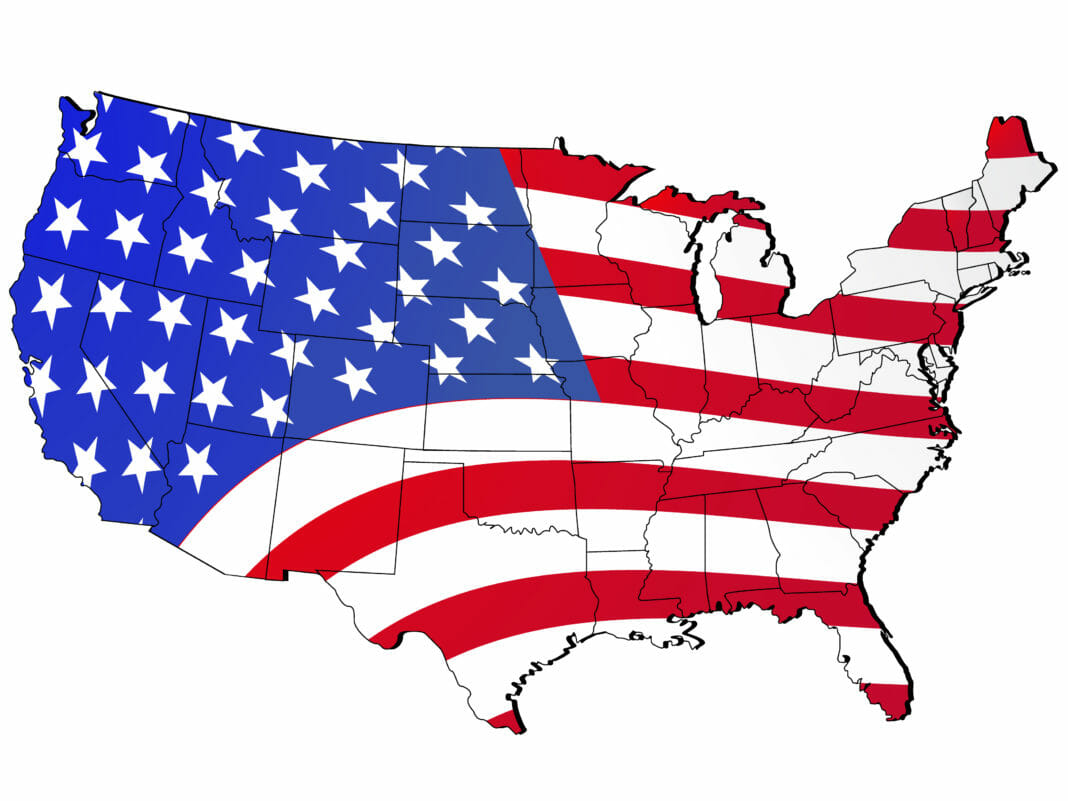The survey shows that 85% of holders consider cryptocurrencies to be an important issue in the election, with 92% saying they are likely to vote. Republicans slightly lead in the perception of being pro-crypto, but Democrats benefit more from voters of other parties. “Hinge” states show that cryptocurrencies could swing close races in which neither party has a decisive lead on the policy issue.
A survey on the US elections has been released by Consensys and HarrisX. Voters have a clear preference for crypto-friendly policies. However, no party or candidate has a compelling advantage as a pro-crypto option.
Republicans hold a slight edge in being perceived as pro-crypto, but Democrats win more votes from unaffiliated voters.
Areas of Interest
Consensys partnered with HarrisX to release a new study regarding the upcoming US election.
In its blog, the company addressed several key areas of interest: crypto voter preference by party and candidate, the importance of cryptocurrencies as a voting issue, detailed analyses of swing states, and more.
Swing state polling was a key component of the survey methodology. Two of the four targeted states had more registrants than the national poll.
Furthermore, across all geographic categories, voters who do not own cryptocurrencies outnumber those who do. These choices help reflect a more accurate state of the electorate and focus on key battlegrounds.
Crypto Voter Preference
The survey revealed a number of interesting trends across the country. While half of all voters across the country consider cryptocurrency to be an important issue, that number jumps to 85 percent among crypto holders.
Additionally, crypto holders are a potentially important voting bloc, with 92% of crypto holders saying they are likely to vote.
The lack of clarity on crypto regulation is an immediate highlight of the poll results. Donald Trump’s pro-crypto public policy has the support of 56 percent, while Kamala Harris’ has the support of 55 percent.
When it comes to setting crypto policy, voters perceive the two major parties as more or less equally trustworthy. The 54% of voters who say it is important for Harris to clarify her policy positions is an important nuance, however.
“Not surprisingly, this bloc of voters, which is in play for both presidential races, could tip the balance in an election that looks increasingly likely to be decided by a narrow margin. In every state we surveyed, there are more crypto-motivated voters today than the margin of victory in the last presidential election,” said Dritan Nesho, founder and CEO of HarrisX.
Another important trend is evident in the results of the state-focused polls. All state polls showed a slight preference for the Republican Party as the preferred group to set crypto policy.
However, Democratic candidates gain an advantage among crypto voters from other parties thanks to friendly policies in all states except Texas. Pennsylvania, Michigan, and Wisconsin will be important swing states. Pro-crypto policies could have a disproportionate impact on these races.
“There’s a myth that the crypto industry doesn’t want regulation, but that’s simply not true. The results of this survey show that cryptocurrency is a bipartisan issue, with voters also calling for clarity and a pro-crypto stance,” said Joe Lubin, CEO and founder of Consensys.
Either way, state and national voters agree that cryptocurrencies have an important role to play in the country’s economic future, but that the government is not doing enough.
A clear and supportive cryptocurrency policy will be a powerful tool for either candidate on the narrow path to victory.
By Audy Castaneda











